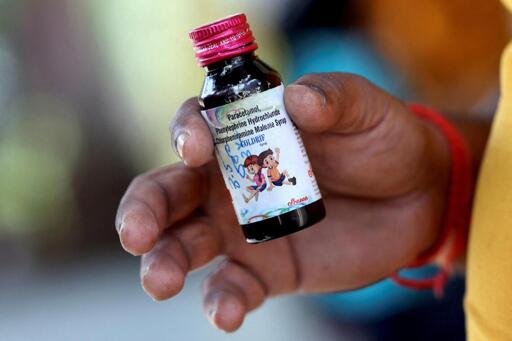cross-posted from: https://lemmy.zip/post/50737089
Diethylene glycol (DEG) is an organic compound that is commonly used as an industrial solvent in antifreeze mixtures and brake fluids. But, in India, DEG is ending up with worrying frequency where it should never be – in cough syrups for children.



Well. If the state doesn’t fix it from a licensing side, I guess it’d be possible for a company to fill the gap. Like, certify drug manufacturers.
The difference between certification and licensing is that a certifier can’t prohibit a company from doing business if it isn’t certified. But…it does mean that a purchaser, at least as long as they know what certification to look for, can look for a given certification.
You can make a certification company that places any restrictions it wants to certify a product or company, so that eliminates roadblocks to getting that side of things moving. 'course, the certifier has to build reputation for the certification to mean much.
In the US, isn’t that what the UL (Underwriters Laboratories) electrical designation is? A separate entity that certifies?
I think it is separate from the government.
https://en.wikipedia.org/wiki/UL_(safety_organization)
Unlike Energy Star, which is part of the US government’s EPA, and thus it was, or was threatened with, reduced in capacity by Trump.
i’d note that there’s zero technical reason why DEG would end up in PG. reaction of water with ethylene oxide gives you ethylene glycol, diethylene glycol and higher analogues and these are then separated by distillation. propylene glycol is made from propylene oxide instead, and it’s more expensive than ethylene oxide. diethylene glycol has little use on its own, at least compared to other glycols
however,